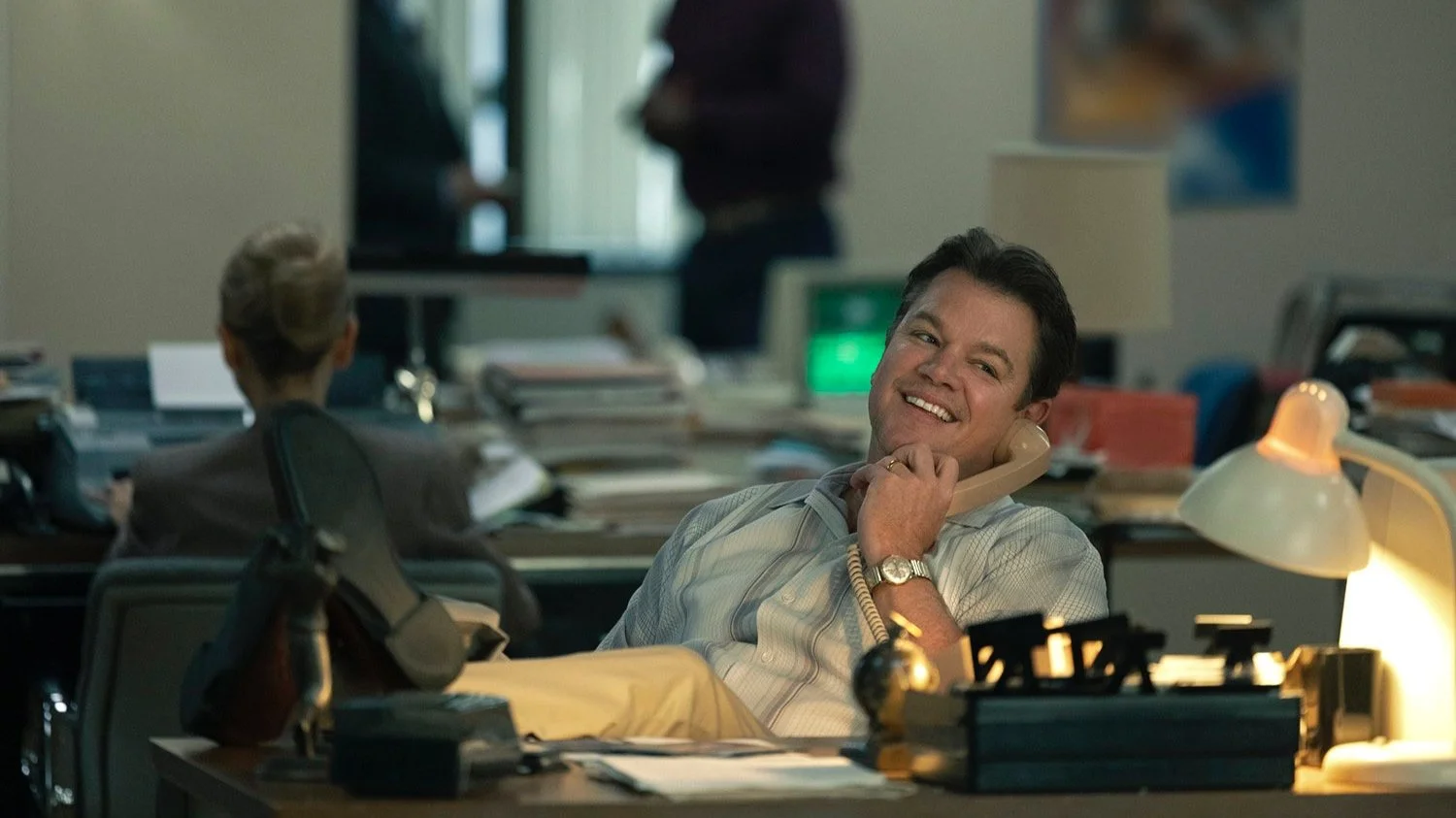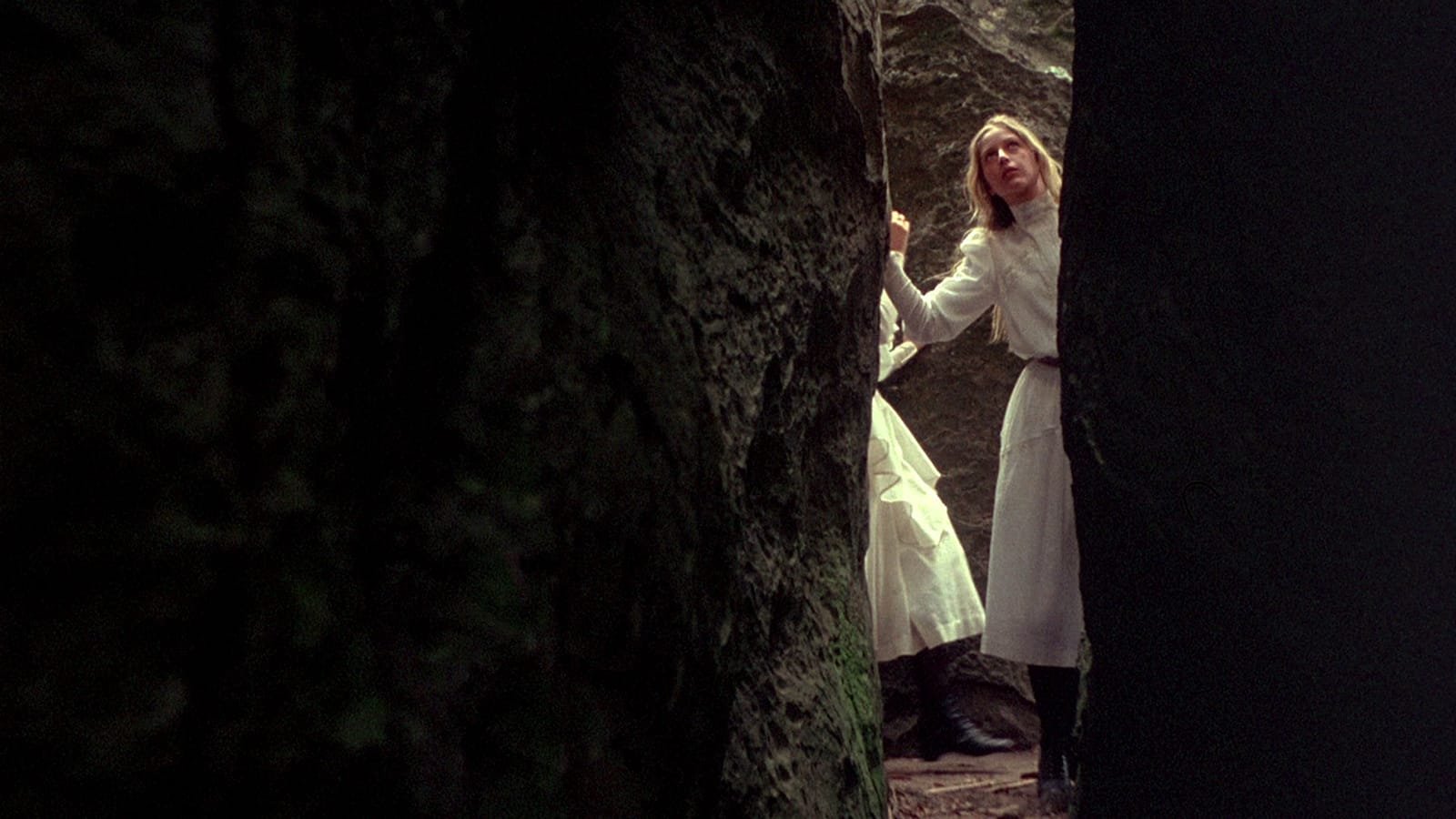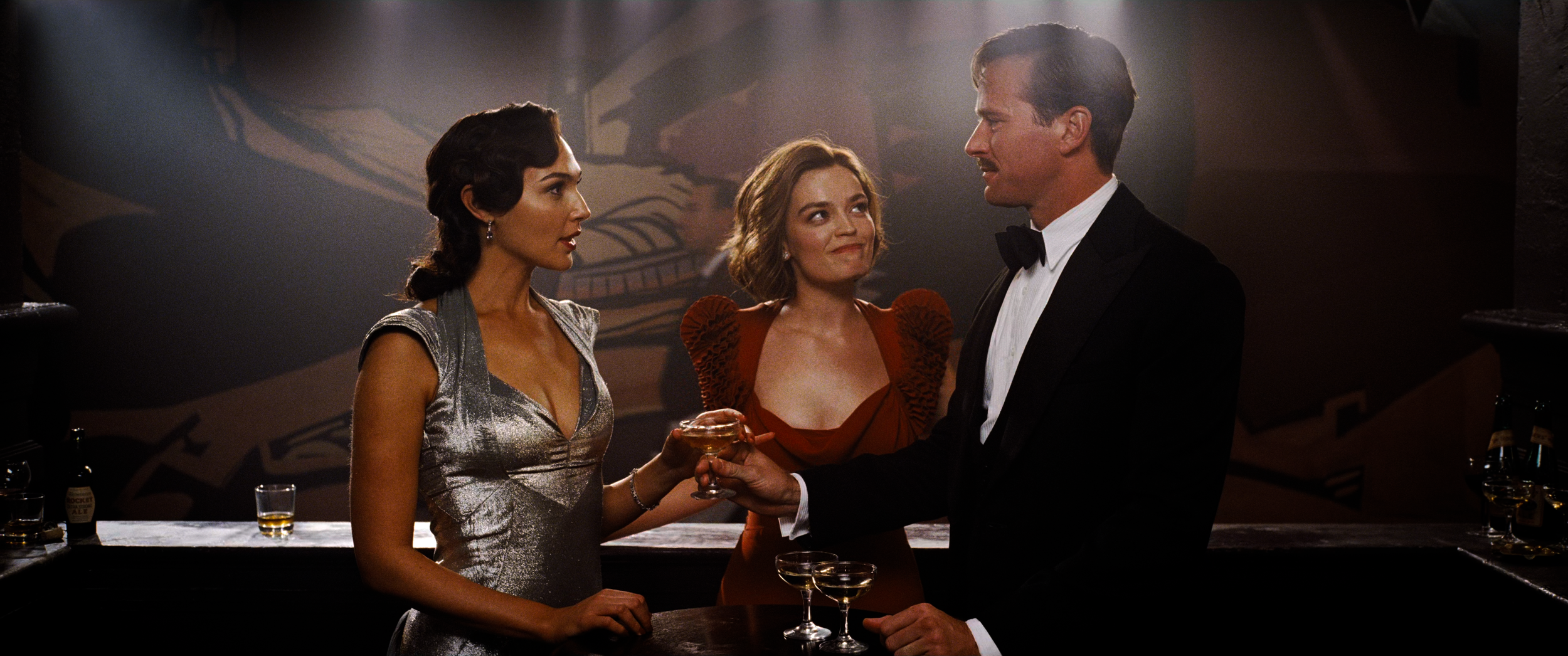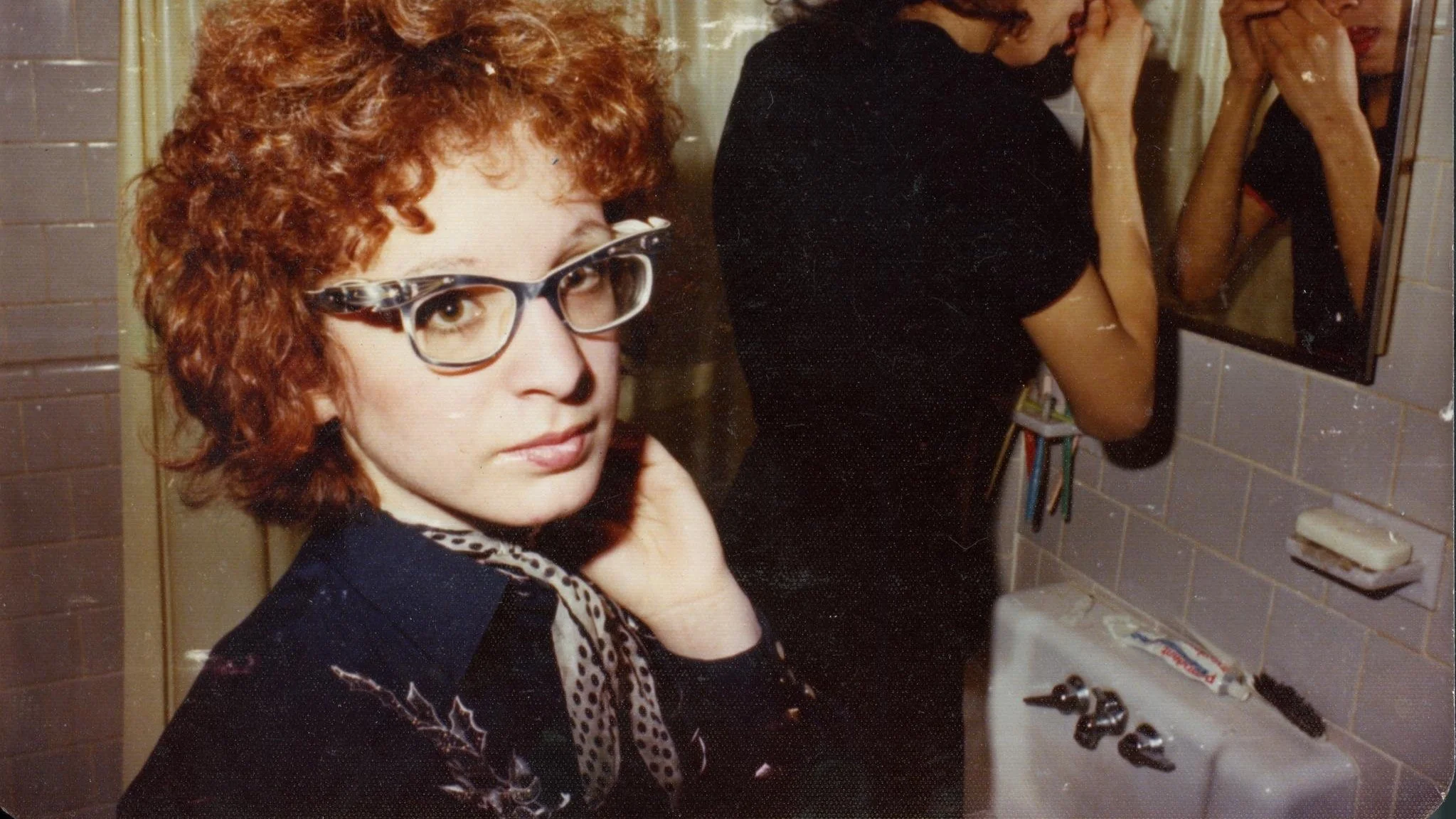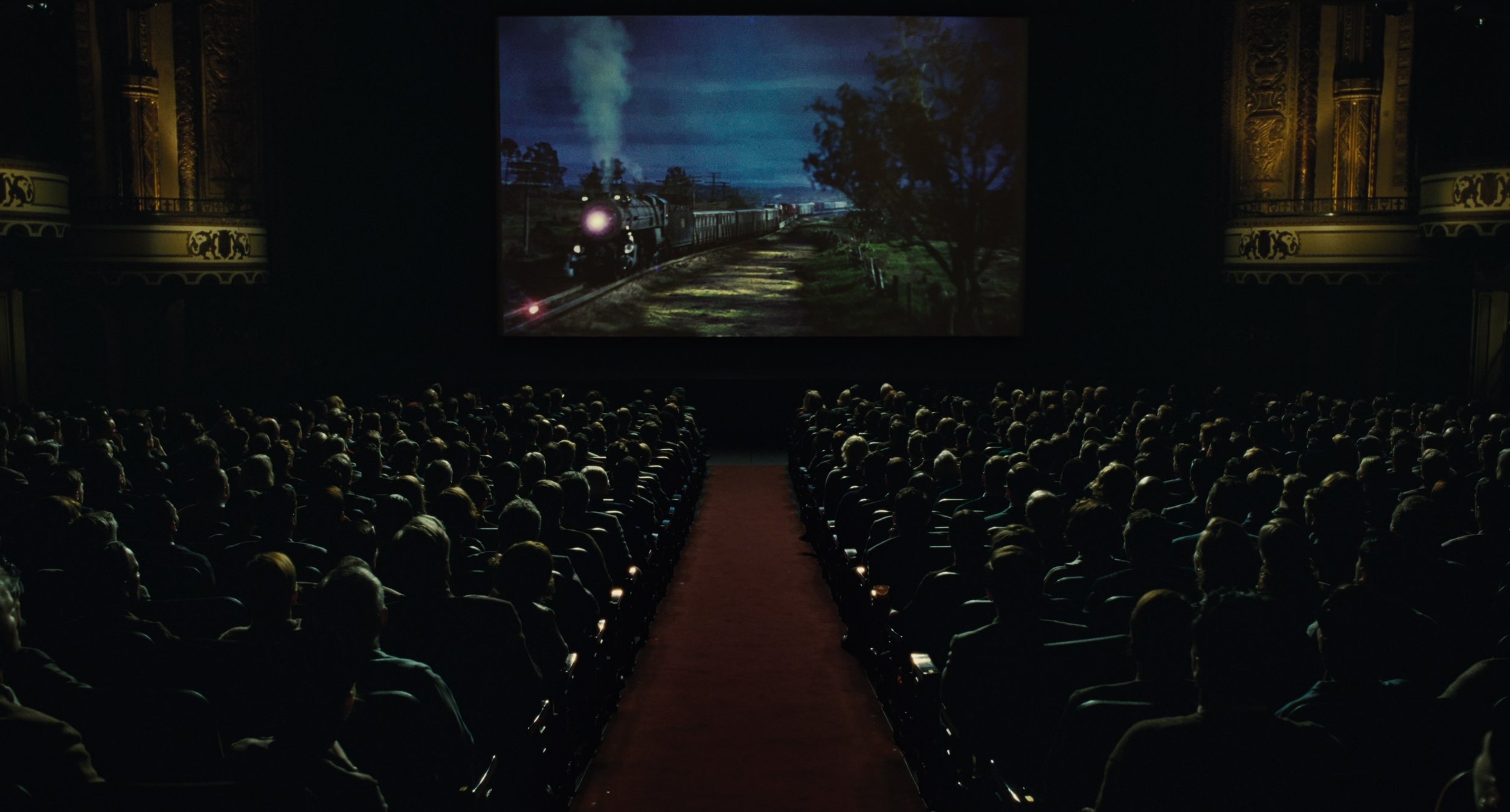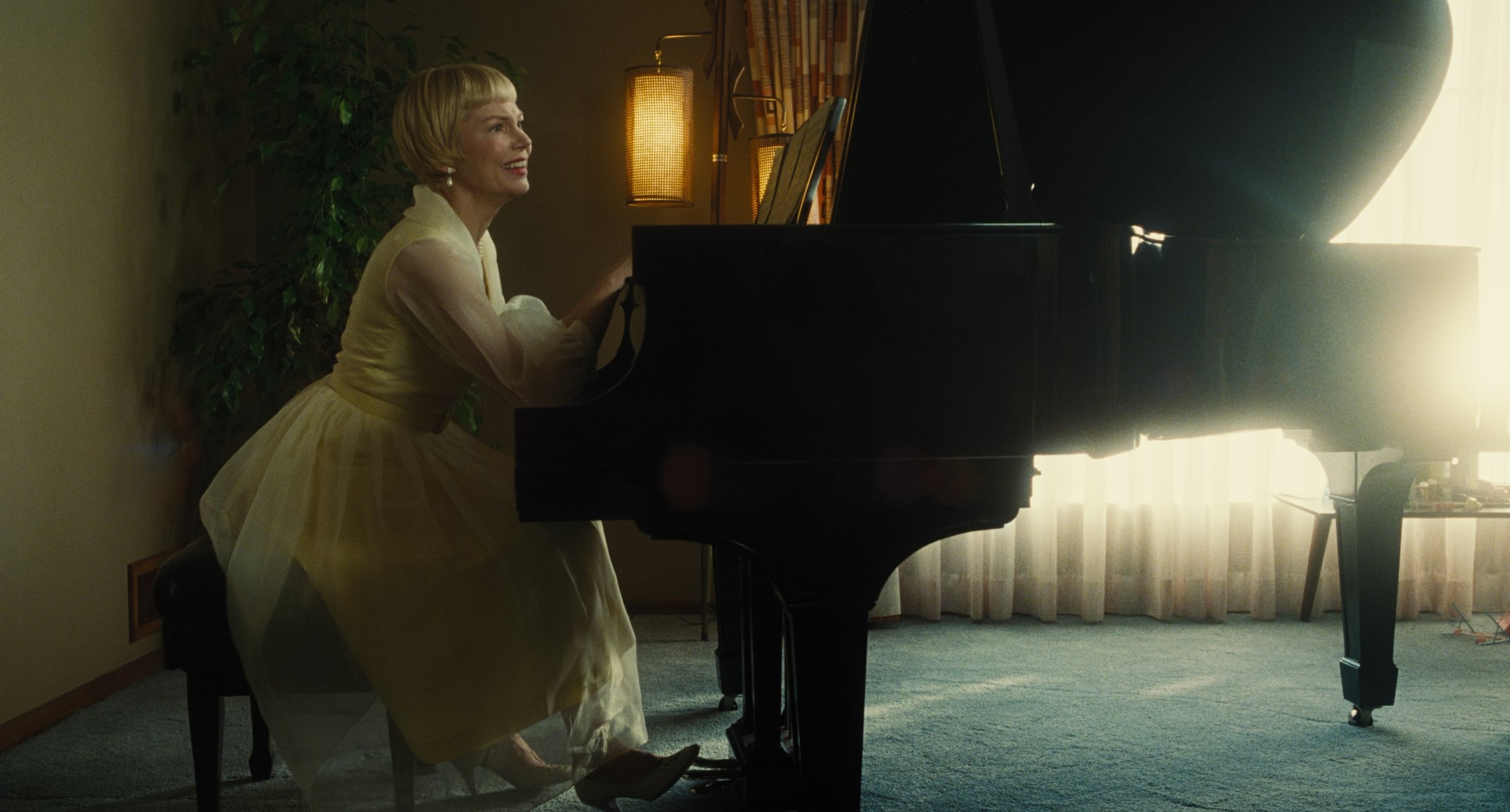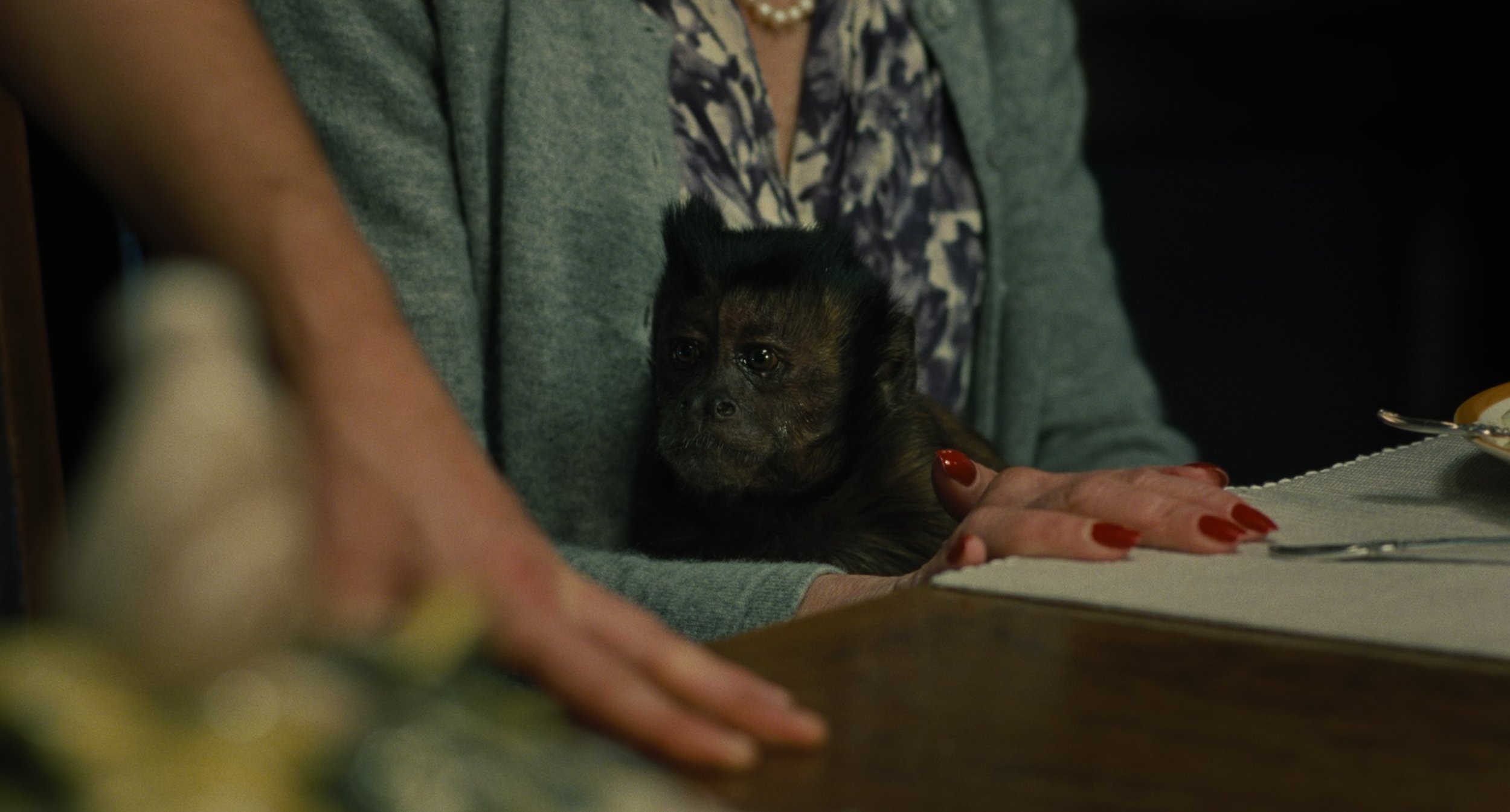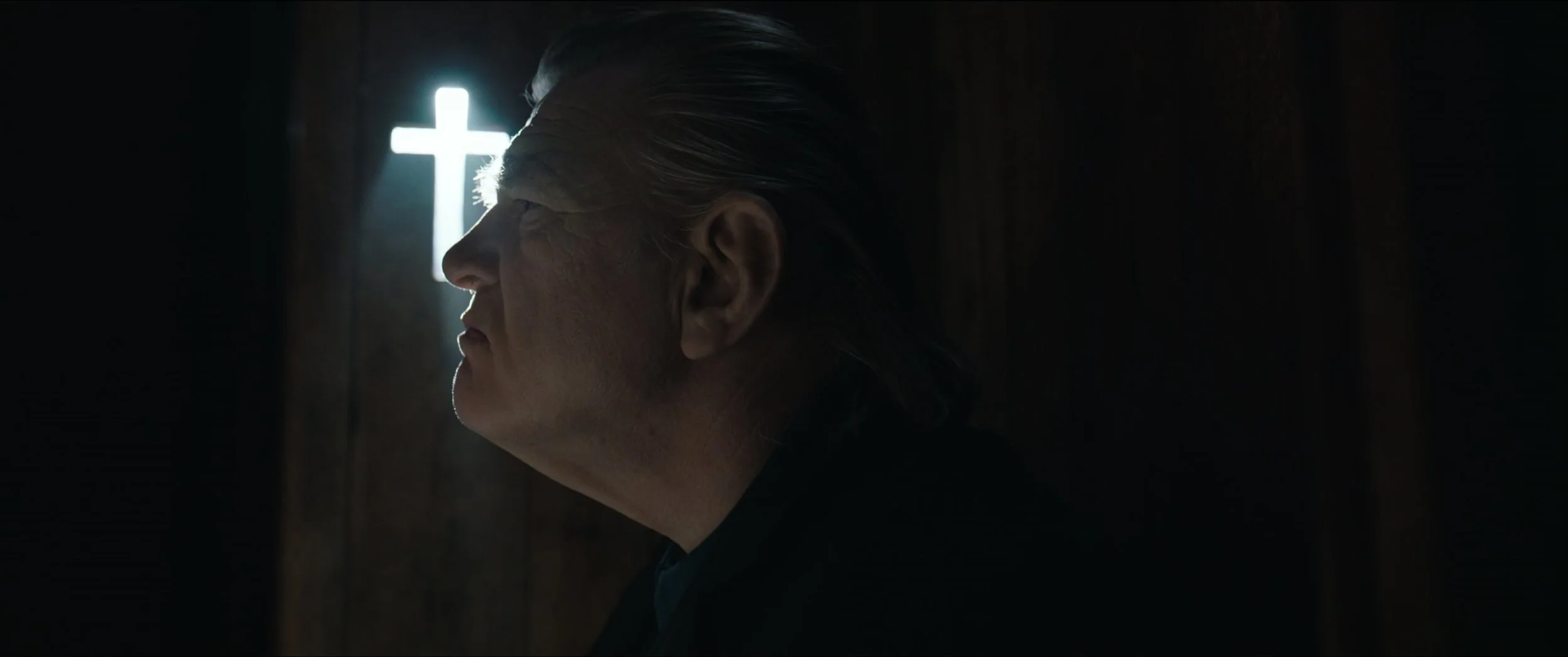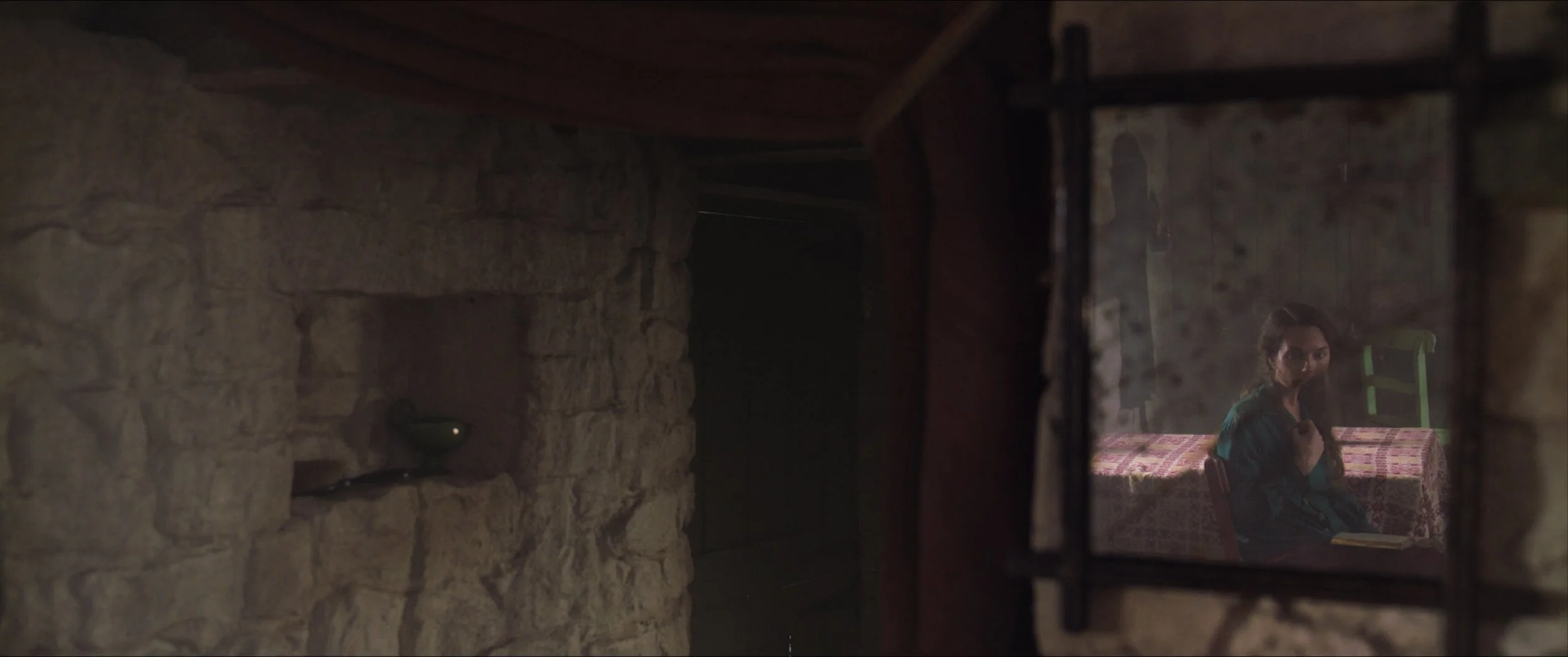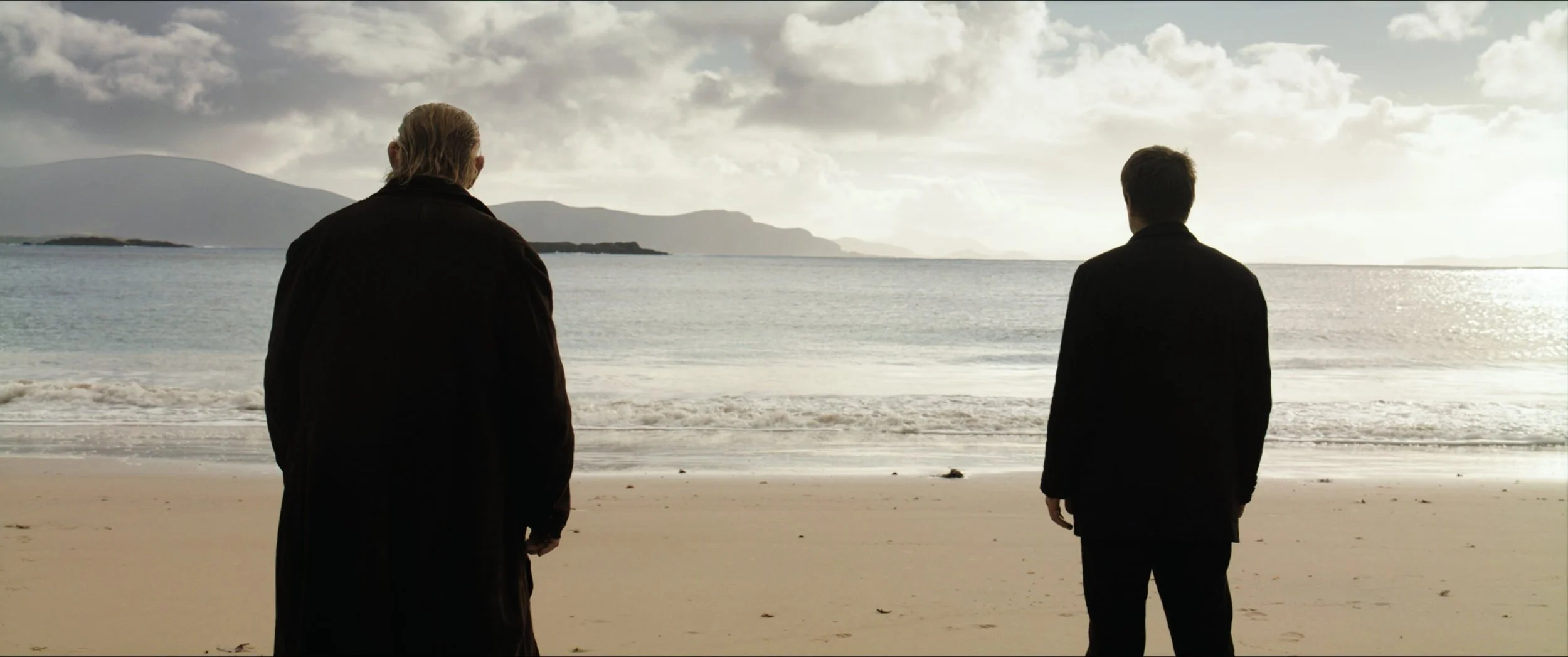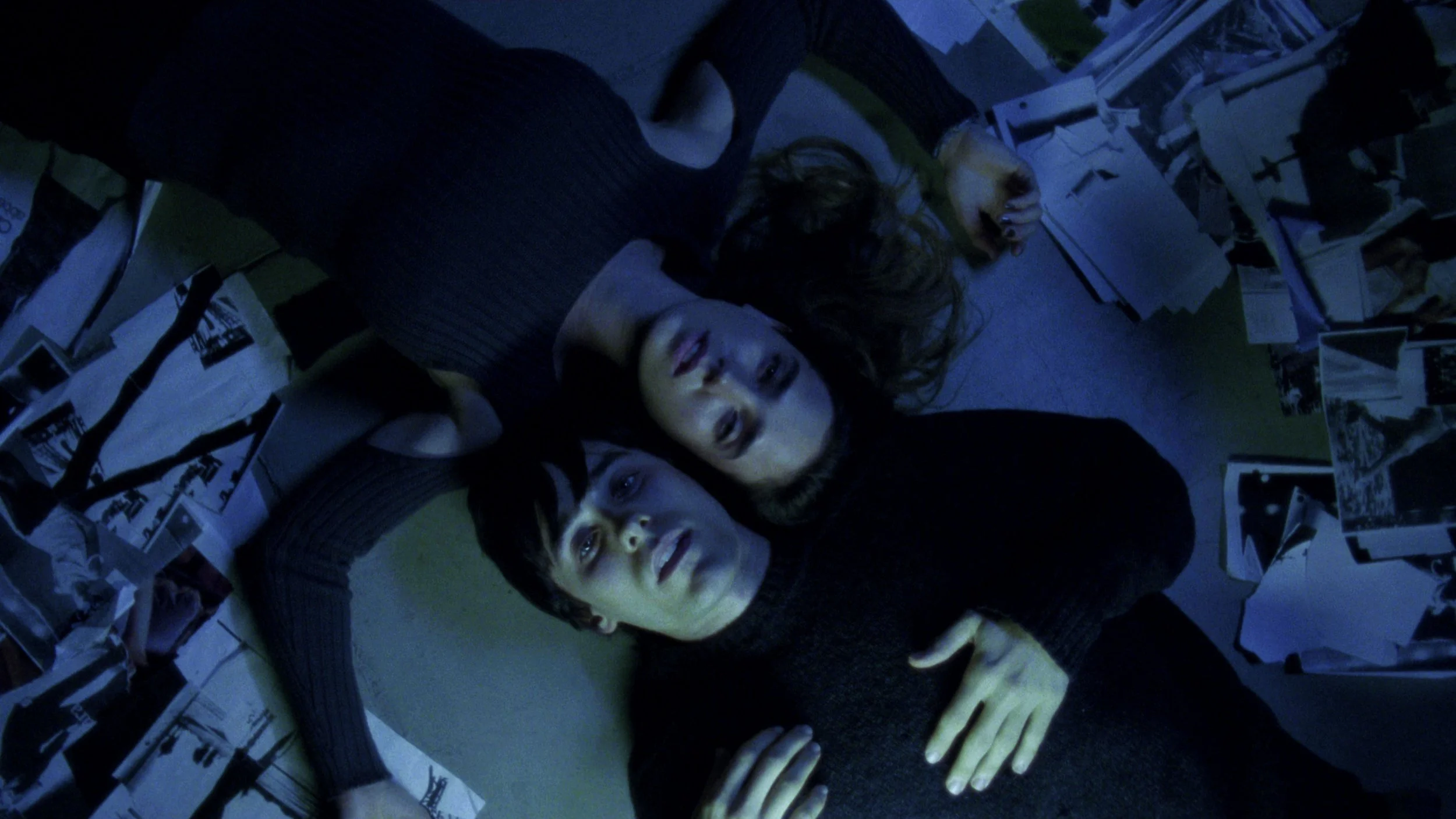DCP at Lincoln Center (US premiere; NYFF)
I’m not sure if this has anything new to say about human nature, wealth, capitalism, etc, but I appreciate it immensely as the anti-yacht/cruise propaganda the world sorely needs.
Although I’ve yet to see The Square, I think I can say I am enjoying this direction Östlund is heading. Force Majeure was somewhat of a lightning-in-a-bottle situation: a compact and tidy high concept rendered with incredible specificity, setting it apart from the sprawling and indecisive films that typically travel the festival circuit. The fact that Will Ferrell remade it into mediocre American slop speaks to the fact that it isn’t your everyday arthouse script. With Triangle of Sadness, Östlund seems to understand that Force Majeure is not repeatable.
Triangle of Sadness keeps that specificity, but substitutes the high concept with a series of outlandish, yet conceivable, contexts within which his characters play. The film is broken up into three chapters, each of which is one of these contexts—I won’t spoil anything (I would also recommend avoiding Letterboxd’s description), but the gist of it is that they each escalate in intensity and absurdity. Key to the film’s success, though, is that the same truth underlies every character throughout each trial. Unlike something like Climax (which is similarly Lord of the Flies adjacent), there is no sudden shift where the movie’s players become animals, foreign to their previous nature. The ending’s Carl and Yaya are a very reasonable distance from their beginning selves.
This consistency and detail in character grounds the broad comedy, particularly indulged in the middle chapter where the film is at its most entertaining. Regarding that section in particular, Östlund ascribed the audience’s riotous response to the fact that he inflated the farce “ten times what we were expecting.” While that is certainly true, you can’t simply make projectile vomit project farther and expect that to land like it does in this film. Typically when I see that sort of solecistic comedy, I grow more and more apathetic as the spectacle is dialed up, but Triangle sets a proper foundation in the first hour and a half for us to understand who exactly is doing these acts (even if it’s just one or two lines, such as with the arms dealer couple). Essentially what I’m trying to say is that it’s not the vomit that matters—it’s the man behind the vomit.
The film establishes this consistency in character via the specificity that I mentioned earlier (an attention to small idiosyncrasies that Östlund has carried over from Force Majeure). I’m sure I will notice more during another viewing, but one of my favorite instances of this was with Yaya’s development. We’re first introduced to her in an upscale restaurant, absorbed in her phone. Her boyfriend Carl sits across, offscreen except for his disembodied hand that lies on the check. He pushes it forward a bit—the night before she had promised to pay. “Thanks for the dinner,” she says, seemingly attempting to skirt the responsibility, whether purposely or not. The question posed at this point is her level of cognizance: did she pick up on that hand movement, is she manipulating the situation, to what extent is she conscious of her partner’s body language? The scene continues, and an argument ensues that leads to answers—instead of a genuine lack of social awareness, she exploited Carl’s ignorance and her position in the relationship to get a free meal.
Jump to chapter three (I will be careful to avoid spoilers here). Yaya and Carl are sitting on opposite sides of a group with Carl close to another woman. The hand motif continues—slowly over the course of the scene, we see Carl’s hand creep out of sight, seemingly behind the woman’s dress. Yaya notices and waits. We see her begin to calculate her next move, but reason gives in to rash decision making, and she calls him out for it (I can’t explain why it was a bad call without spoilers). This decision of hers is not a sudden malformation of the character as established by the film up to this point. Rather, it’s just a branch in her decision-making tree, and a probable one at that given the complications that beset Yaya and the rest of the group throughout chapters two and three. The pleasure of this film lies within these unexpected, but explicable, disposition fluctuations. And the bourgeois vomit of course.
Rating: 4/5

